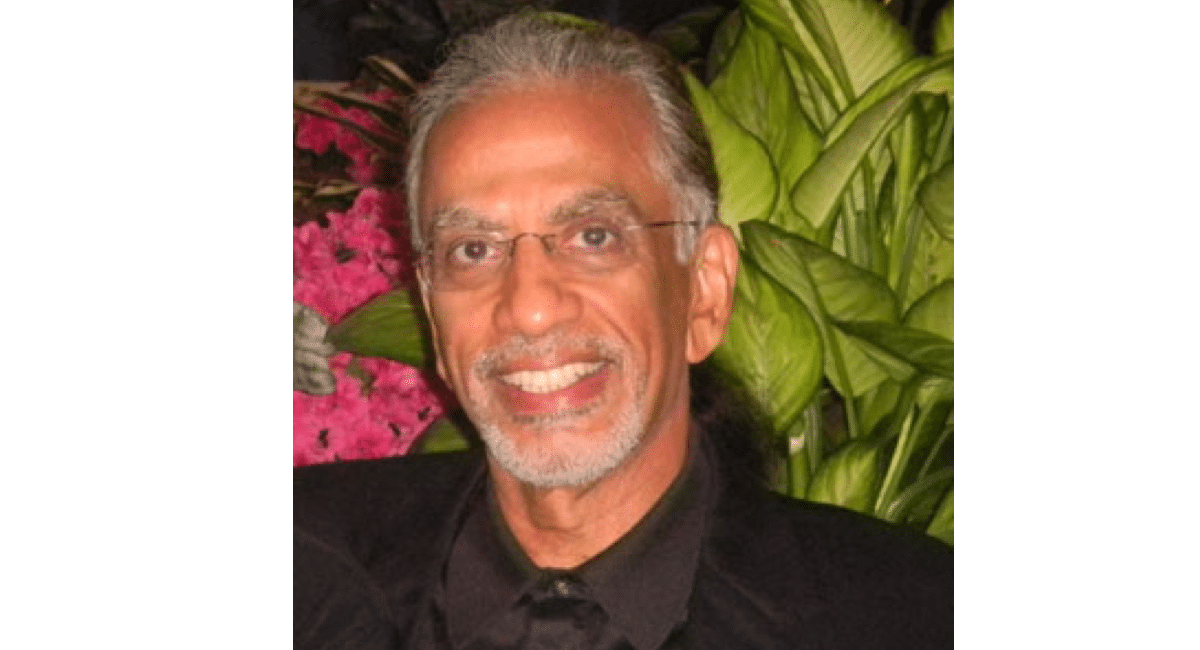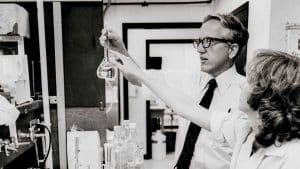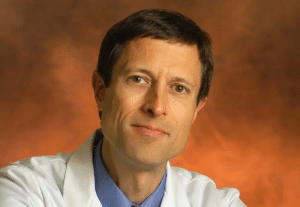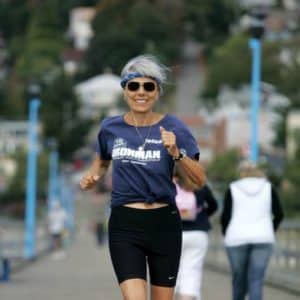A Physician’s Miraculous Recovery from Heart Disease through WFPB nutrition
Introduction
It was the 1980s. As a young man in a politically turbulent India, Dr. Akil Taher had so far lived a life of modest means. Back home, I was a non-vegetarian,” he reflected in an interview. “I ate meat, poultry and fish. But the thing was that I was not very well off, so I could not afford these often.”
In the United States, he built a life many would envy – a successful physician, chasing the American Dream. His lifestyle was a portrait of excess: rich, meat-laden foods at every meal, no exercise, and relentless stress from long hours in the clinic.
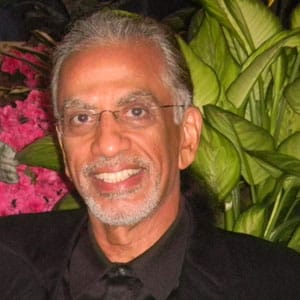
I was drawn to unhealthy foods like a moth to a flame, indulging in what I wanted without a second thought about the consequences,” Dr. Taher admits.
However, as he turned 56, he received a grim wake-up call that would irrevocably change him forever.
Battling Heart Disease & Surgery
During a routine check up, Dr. Taher received a shocking news — his arteries were clogged and constricted, and he required open-heart surgery.
The cold, sterile lights of the operating room did little to soothe his anxiety, but they lit up the path forward. Lying on the operating table, Dr. Taher had no option but to face his mortality, moments that were both an end and a beginning: “As I was wheeled into surgery, I knew it was time to rewrite my future,” he said.
“The hospital food, bland and uninspiring, was a stark reminder of the dietary recklessness I had indulged in,” Dr. Taher mused. It was here, amid the slow rhythm of recovery, that he vowed to nourish his body with whole, plant-based foods (WFPB)—foods that healed rather than harmed.
Shadows of Depression
Yet, as he adjusted to his new diet and lifestyle, Dr. Taher found himself wrestling with an unexpected adversary: depression.
“The loneliness was a silent storm, raging unnoticed,” he confided, revealing the often unseen struggle of post-surgical life.
Therapy sessions and support groups became his sanctuary, places where shared stories of pain and perseverance mirrored his own and helped light his way out of the dark.
An Iron Will
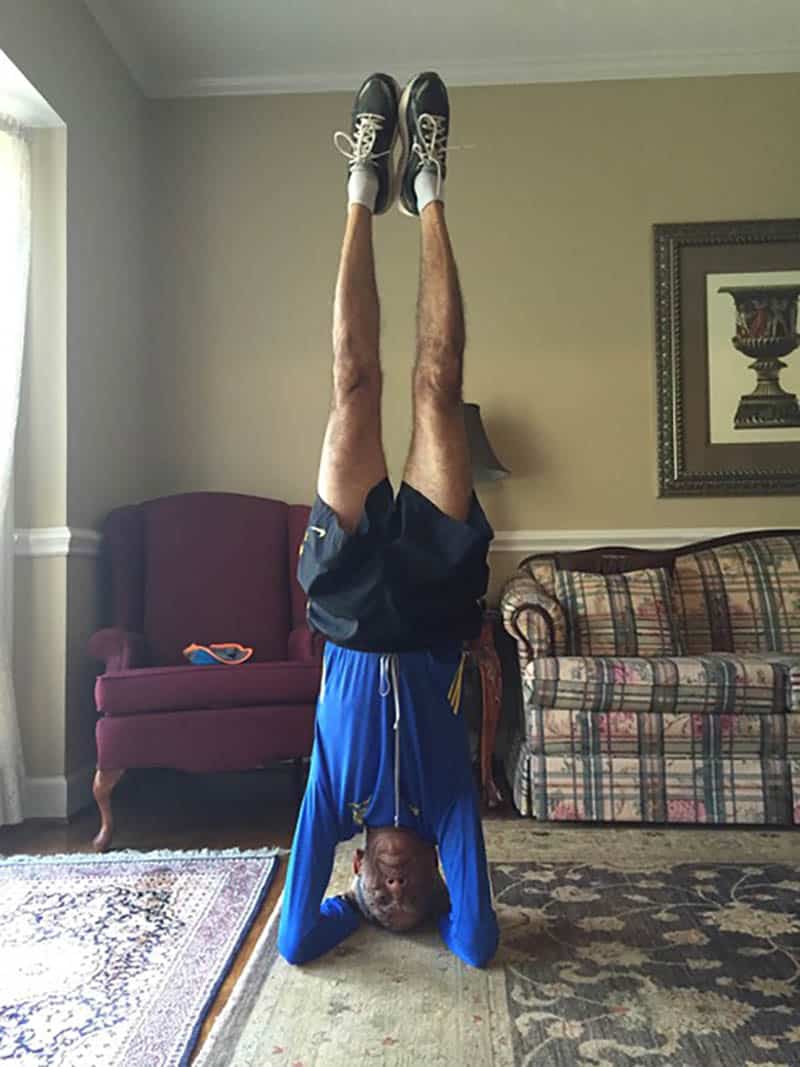
Nutrition played a pivotal role in his training. Embracing a WFPB diet, he nourished his body for the grueling physical demands of marathon training. “Adopting plant-based nutrition was crucial—it was fuel for my runs and for my heart,” Dr. Taher explained.
Crossing the Finish Line
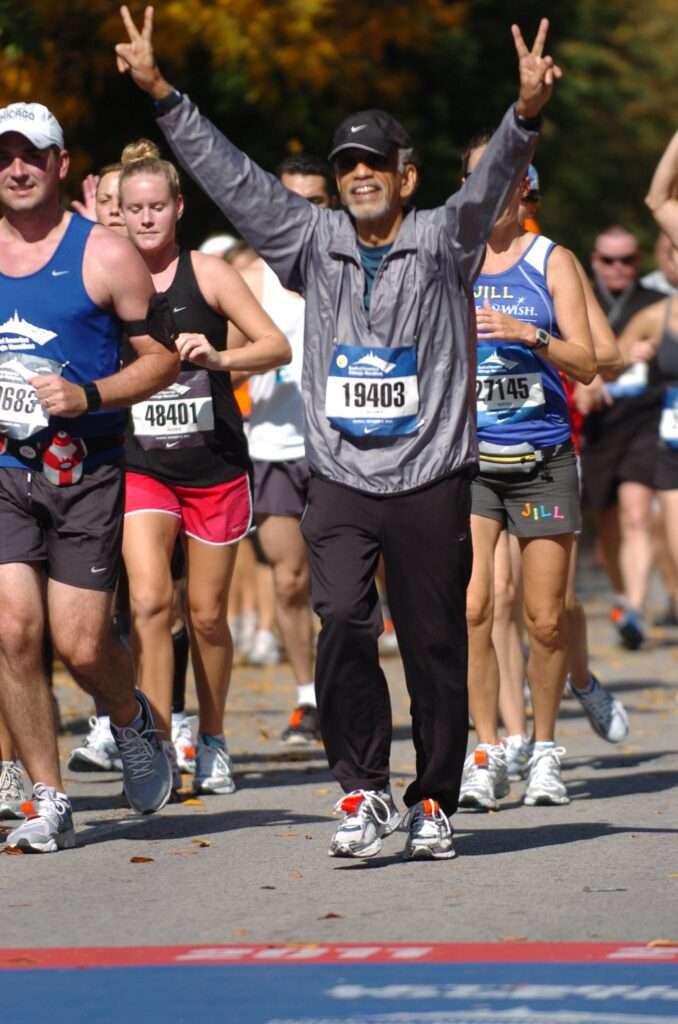
Climbing New Heights
Inspiring Others Through Action
Today, Dr. Taher uses his story to inspire others, advocating for a holistic approach to health that includes a whole food plant based diet, exercise, and mental well-being. “I am now a resurgent physician, a recovered bypass surgery patient, and a proponent of a heart-healthy lifestyle,” he proudly states.
His message is clear: “It is never too late to change. At 61, I transformed my life; it’s possible at any age.”
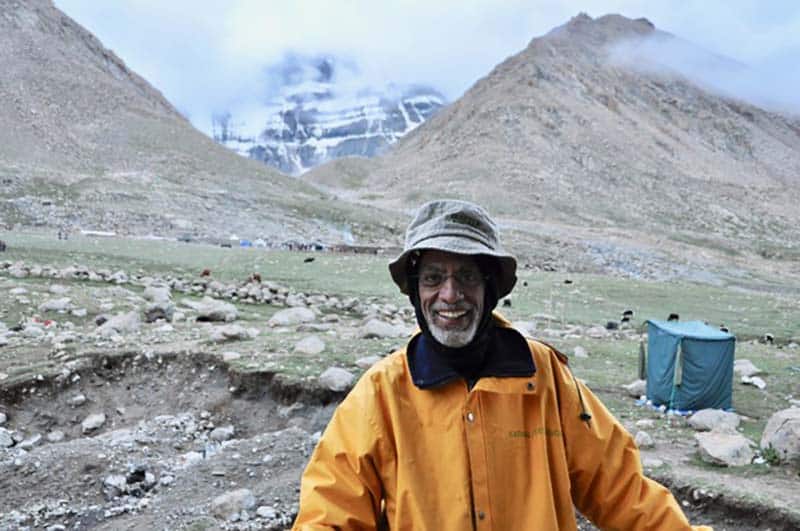
Conclusion: A Legacy of Health
At 76, he lives a life enriched with purpose, peace, and contentment, proving that true health is about more than just physical well-being—it’s about revitalizing the soul.
“Every day, I am thankful for the second chance at life. It’s a chance to do more, be more, and share more with the world,” concludes Dr. Taher.
- Read about Dr. Akil Taher’s inspiring journey in his book “Open Heart: The Transformational Journey of a Doctor Who, After Bypass Surgery at 61, Ran Marathons and Climbed Mountains.”
- Watch this interview where Dr. Taher talks about whether a whole food plant- based diet can help prevent heart disease.
- Check out this beginner’s guide to WFPB nutrition.
Together! Lets show the world the power of a plant-based lifestyle
Join The Community!
Subscribe now to receive latest articles and exciting updates directly to your inbox.
Stay ahead with insightful content that matters to you.

